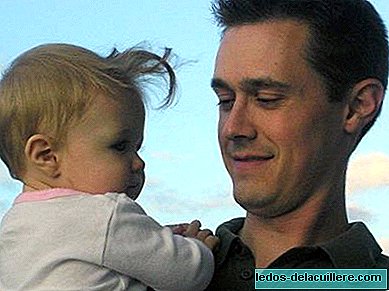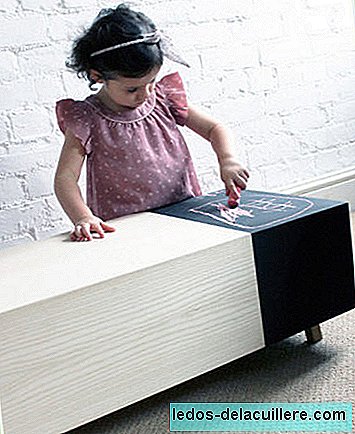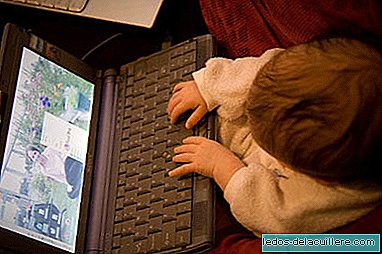
We are going to highlight this summer a topic that is sure to be around the heads of many fathers and mothers who are deciding which care option they will choose for their young children next year. We will talk the nurseries and the alternatives to them, starting with an interview with teacher Irene Álvarez.
Irene Álvarez is the mother of two daughters (Valeria and Kiara, who will be born in August) and passionate teacher of the children and their vision of the world. He also works on the Educando en Positivo project from which he offers training in emotional intelligence and coaching through online and face-to-face workshops for parents and educators.
Is the nursery the ideal place for an infant or a small child?
For an infant, the nursery is not the ideal place.
From my experience as a mother and teacher, babies should be with their mother. As we know, we are born early and the baby needs his mother to adapt to the world around him. Leaving a four or five month old baby in daycare, of course it seems to me to go against nature. I don't even think the mother is really ready to do it. I want to think that the majority of mothers who do so are forced to do so because of the low maternal derision we have in Spain and if they were given the opportunity to choose, they would stay with their babies at home.
Is it less harmful later?
As for a small child, it is not that it is the ideal place, but of course he will not suffer so much when he reaches a certain age (around three years old) since his level of development is greater and he does not have so much dependence on his mother.
In some cases do children also find possibilities that they do not have outside?
From the age of three the child already wants to play and looks for other children with whom to do it so the nursery can offer a suitable environment.
In what cases is daycare better than other forms of care?
You make it hard for me. I think that unless the family environment is very unstable (unstructured families) or the child suffers abuse or extreme cases of some similar nature, in general, leaving the child with a family member (grandparents or uncles generally) is a good option instead from in a nursery.
Are there other cases where I would help you?
In certain children, I talk about my personal case, with my daughter, with disorders or problems (neurological or physical), daycare can be a stimulating environment in which the child finds challenges that make him acquire patterns of behavior that, otherwise, would have been acquired to a lesser extent. As I tell you, in our personal case, my daughter's nursery has been a "testing ground" in which to acquire a fairly good language pattern and much more fluid mobility. The fact of having “friends” in the nursery that climb or run or sing songs has made it stimulate even more (at home we already did those things but only both, of course) and that it acquires an almost normal development for its age, which has made us very happy.
Any other cases you want to mention in which the nursery helps?
In environments where the child is very overprotected by their caregiver, daycare can also be a pleasant change. Leaving the child in an environment where he has to learn to interact for himself without the parapet of his caregiver can be a good incentive for him to “let go”.
What conditions should an ideal daycare meet?
To begin with, I would like to think that it is not a nursery, that is, it is not a place to keep children. I would like to leave my daughter in a "second home", a place where the rhythms of each child are respected, where there are several caregivers and no more than 12 children per space.
The ideal nursery would have free spaces, without tokens, with room to run and experiment, with mats, swings, hanging scarves ... a free place.
And the personalized attention?
For me the ideal nursery is one in which each child is special, respected in its entirety and does not seek to “learn” anything but to experience, have fun, play and discover with adults who offer security and why No interesting stimuli through the game and also other children from which to learn things.
We thank teacher Irene Álvarez the time she has dedicated to us in this interview and tomorrow we will continue talking with her, this time about alternatives to daycare.












